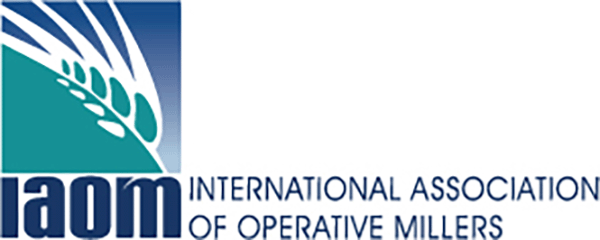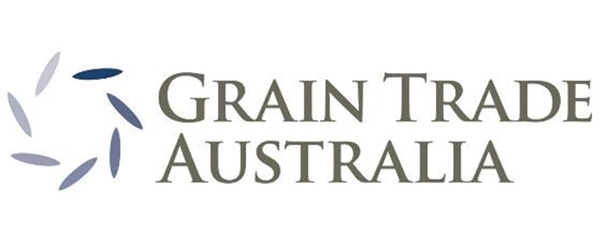The Global Surge in Pulses
In recent years, the consumption of pulses has experienced a remarkable surge on a global scale. Pulses, which include lentils, chickpeas, beans, and peas, have been recognised for their nutritional value, sustainability, and versatility. This trend signifies a significant shift in dietary habits and a growing awareness of the many benefits legumes offer. So, what has caused the shift, and what opportunities does it create for pulse producers and traders around the globe?
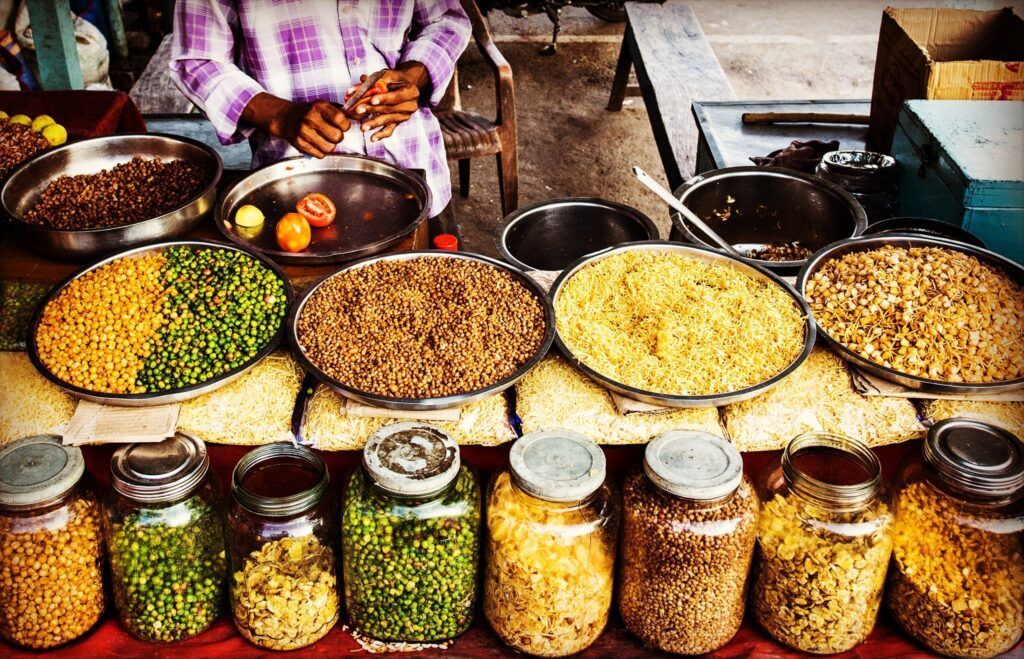
Dietary Benefits:
Pulses are often referred to as ‘nutritional powerhouses’ as they are rich in plant-based proteins, dietary fiber, vitamins, minerals, and complex carbohydrates, making them a valuable source of nutrition for people of all ages. Pulses are also low in fat and cholesterol-free, making them an excellent choice for those seeking to improve their heart health. Another less known benefit to the small but mighty pulse, is they release glucose into the bloodstream slowly, promoting stable blood sugar levels, reducing the risk of diabetes.
Environmental Benefits:
Across the globe, end users of all products from food to textiles, are becoming more environmentally aware with their purchases. They’re asking questions like ‘what impact has the production of this product had on the environment?’ ‘What is the carbon footprint of this purchase?’ ‘How much is this purchase reducing the risk of climate change?’. This is a significant factor in the rise of pulse consumption around the globe. Pulses have a considerably lower carbon footprint compared to other protein sources such as meat and dairy. They also have the ability to fix nitrogen from the air into the soil, reducing the need for synthetic fertilisers and enhancing soil fertility. This point alone has seen farmers across the globe add pulses into their crop rotations, to benefit soil fertility for other crops. Additionally, pulse production requires less water compared to many other crops, making them an ideal choice for regions facing water scarcity. As consumers become more conscious of their environmental impact, pulses offer an attractive, healthy and eco-friendly alternative.
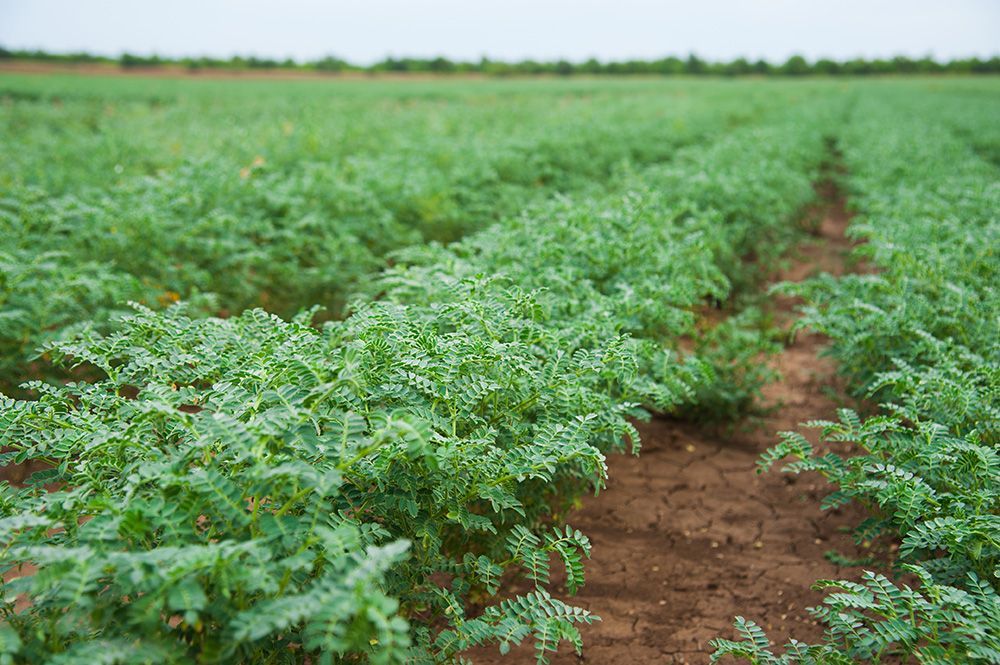
Cultural Diversity and Culinary Appeal:
Pulses have been a staple food in many cultures for centuries, particularly in regions like South Asia, Africa, and Latin America. However, their popularity has broken through cultural boarders and expanded globally. One of the key factors contributing to this rise is the diverse culinary appeal of pulses. From hearty lentil soups to fragrant chickpea curries and savory bean salads, pulses can be prepared in a myriad of delicious ways, catering to a wide range of tastes for any pallet to enjoy.
Health and Wellness Trends:
As individuals increasingly prioritise their health and well-being, pulses have emerged as an essential component of balanced diets. The rise of vegetarianism, veganism, and flexitarianism has placed pulses in the spotlight as an excellent plant-based protein source. With the growing popularity of meat alternatives, pulses serve as a nutritious and sustainable option for individuals seeking to reduce their meat consumption.
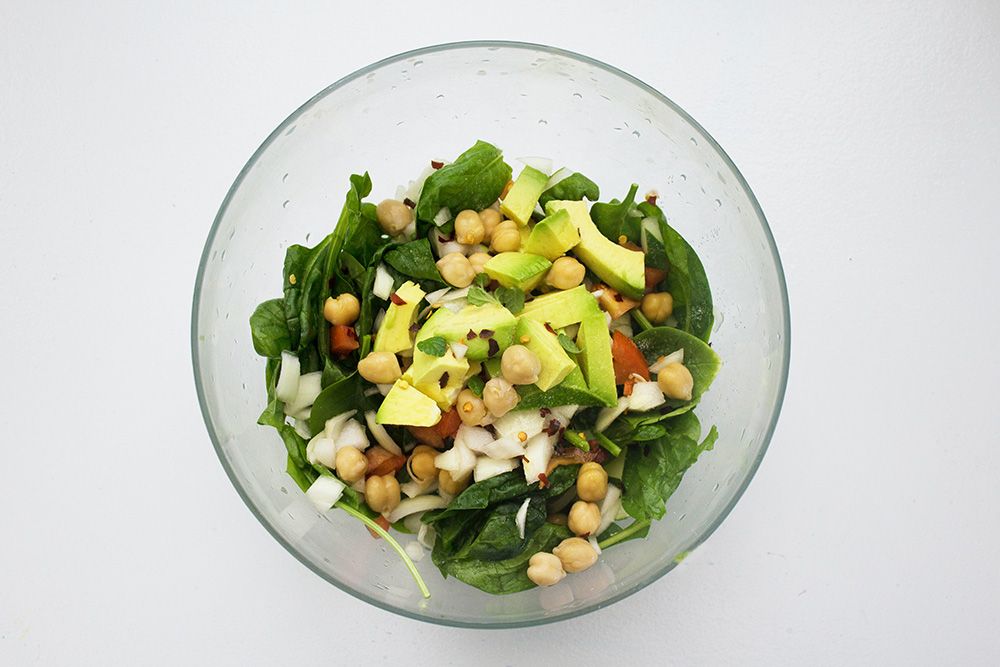
Government Initiatives and Support:
Governments across the globe have recognised the importance of pulses in achieving sustainable development goals and improving public health. Many countries have implemented policies and programs to encourage pulse production, consumption, and research. The Middle East is a great example of this. Recognising the growing demand for pulses, countries in the Middle East have started focusing on domestic production. This shift towards local production not only ensures a steady supply but also creates economic opportunities. Governments are implementing policies and providing support to farmers to encourage pulse production. This, in turn, boosts rural economies and creates employment opportunities.
Countries like Egypt, Turkey, Iran, and Saudi Arabia have made significant strides in increasing pulse production. For instance, Egypt has become one of the largest exporters of lentils and white beans in the region, catering to both domestic and international markets.
What opportunities does this provide for pulse producers and traders?
End users are becoming more health and environmentally conscious when making purchase decisions and this trend is expected to continue. With increased demand comes increased opportunities for exporters to move pulses around the world. However, tapping into these export opportunities, particularly in areas like the Middle East, where culture and connections play a crucial role in business, can be challenging particularly when it is overlaid with economic and geo-political instability.
This is where Basis Commodities has been able to add real value to bulk export businesses and assist to capitalise on this growing demand of pulses. With a network of trusted connections, particularly throughout the Middle East, Basis Commodities has experience in assisting businesses enter these markets and hit the ground running. For more information on Basis Commodities and how we can assist you to reach your goals, be sure to contact us on the details below.
Chris Whitwell
Sydney, Australia
M:
0419 833 356
E:
chris@basiscommodities.com
Steven Foote
Sydney, Australia
M:
0408 308 908
E:
steven@basiscommodities.com
Nader Hassan
Dubai, UAE
M:
+971566915688
E:
nader@basiscommodities.com
The post The Global Surge in Pulses appeared first on Basis Commodities.
Share This Article
Other articles you may like

Sign Up
Enter your email address below to sign up to the Basis Commodities newsletter.





